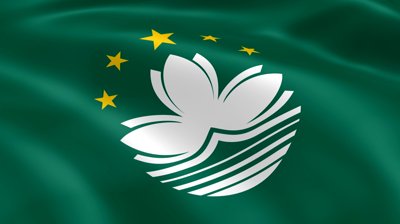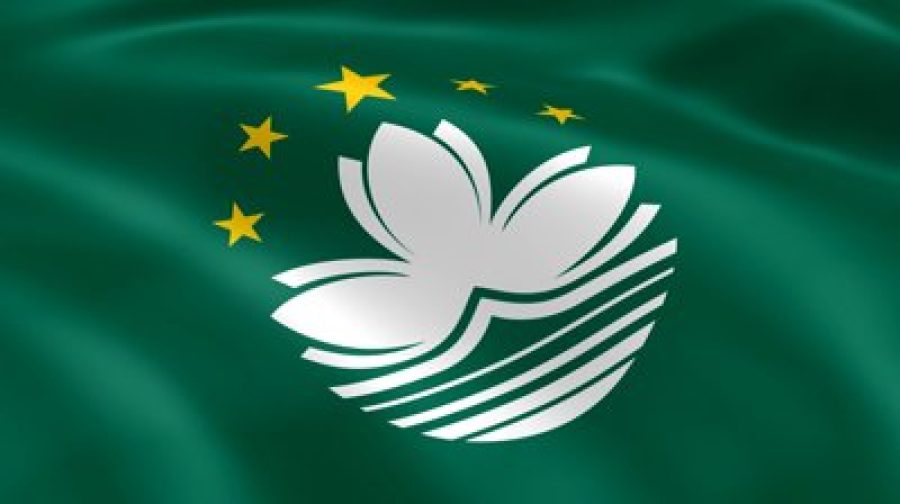Internet group Macau Conscience is teaming up with the Open Macau Society and Macau Youth Dynamics to hold a so-called “civic referendum” at the end of next month on universal suffrage and this year’s chief executive election.
Addressing a press conference at the New Macau Association (NMA) headquarters, high-profile political activists Jason Chao Teng Hei and Bosco Wong Kin Long said the “referendum” was slated to be held online on August 24-30, while the groups also plan to set up “polling stations” at four locations in the peninsula and one in Taipa on the first and final days of the voting period.
The announcement came hard on the heels of a chief executive election “referendum” held by anti-government activists in Hong Kong.
Chao said the “polling stations” will be set up in Iao Hon, Avenida de Horta e Costa, Rua da Praia do Manduco, Rua do Campo and “somewhere” in Taipa. Chao, a former NMA president, said the locations were subject to change depending on the manpower available.
Wong said that voters would be asked two questions in the referendum: the first will ask voters whether or not the chief executive should be elected by universal suffrage in 2019.
The second question will ask voters whether they have confidence in a sole candidate (Fernando Chui Sai On) running in the chief executive election by a 400-member committee on August 31.
So far, only Chui, the incumbent chief executive, has said that he will run in next month’s election. However, if there is more than one candidate next month, which observers say is highly unlikely, then voters will be asked which one they prefer.
Any chief executive candidate must be endorsed by at least 66 members of the Chief Executive Election Committee, or 16.5 percent of the total number of members, to be able to run for Macau’s top post.
Chao said that the “referendum” would be open to local residents who must submit their ID numbers regardless of whether they vote online or at one of the “polling stations”. He said this was to prevent anyone from voting more than once, adding that the data would be deleted once the “referendum” is over.
He also said a “public consultation” was currently underway online until July 19 regarding the way the “referendum” should be carried out, including a consultation session at a venue still to be decided on Sunday. One of the questions that the activists are asking the public is whether to set the minimum voting age for the “referendum” at 16 or 18.
Asked if the groups worry that the voting process could be disrupted by hackers, Chao said that the organisers had back-up plans to deal with any kind of online attacks, but declined to elaborate further.
Chao, a computer programmer by profession, said the ballots would be available in Chinese, English and Portuguese, adding that the objective was to give people an opportunity to exercise their civil rights since the chief executive is elected in a “small-circle” election – by the 400 members of the Chief Executive Elections Committee.
Fellow activist Sulu Sou Ka Hou said there was “no need for citizens to engage in violent action to express their views,” adding, “we are confident that the turnout will definitely be more than 400 [voters].”
Some 780,000 voted in Hong Kong’s recent “referendum.”
Chao said it was illogical for anyone to claim that the “referendum” is illegal. “Even though the referendum is not legally binding, there are no laws to prohibit it. Thus it is impossible to say it is unlawful,” he said, adding that the outcome will be announced on August 31 after the chief executive election result is revealed on that day.
There is no provision in Macau for the holding of referenda. However, neither is there a provision forbidding them, according to sources of the city’s legal fraternity. (macaunews/macaupost)






